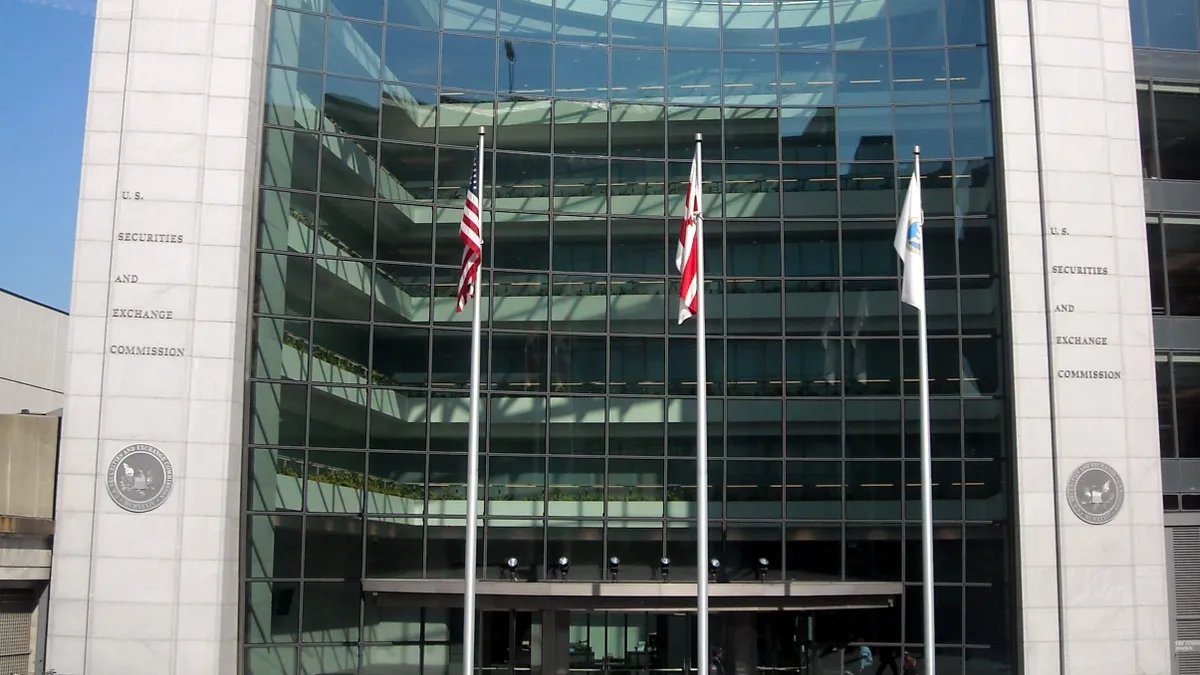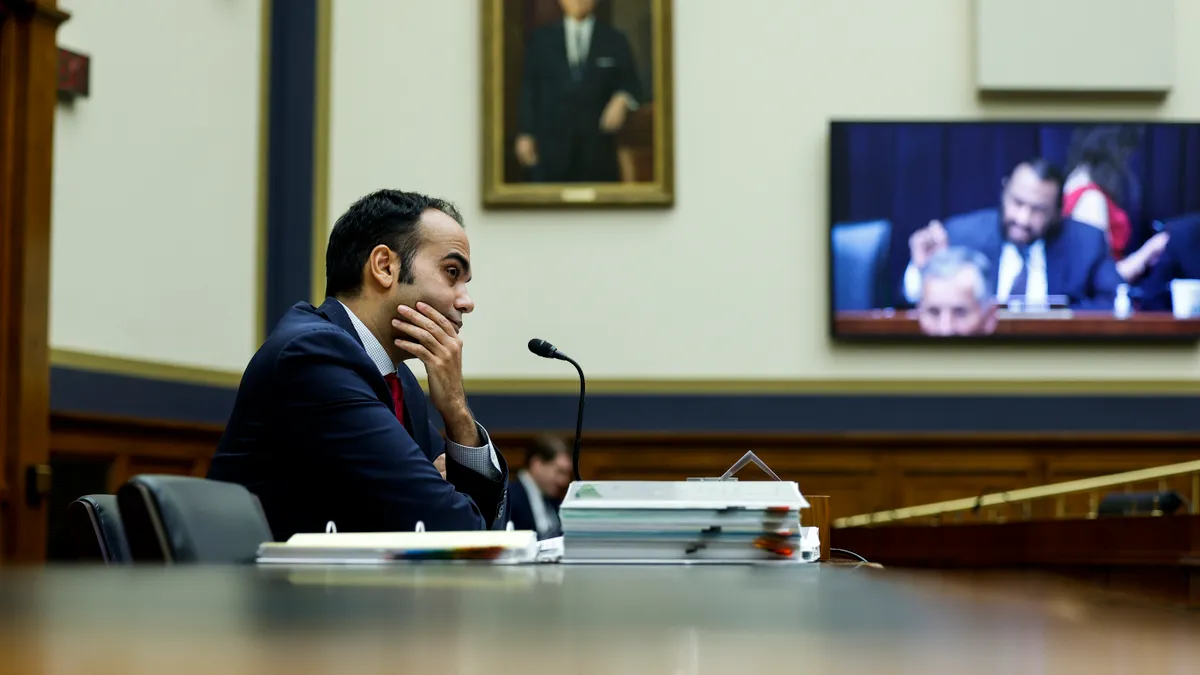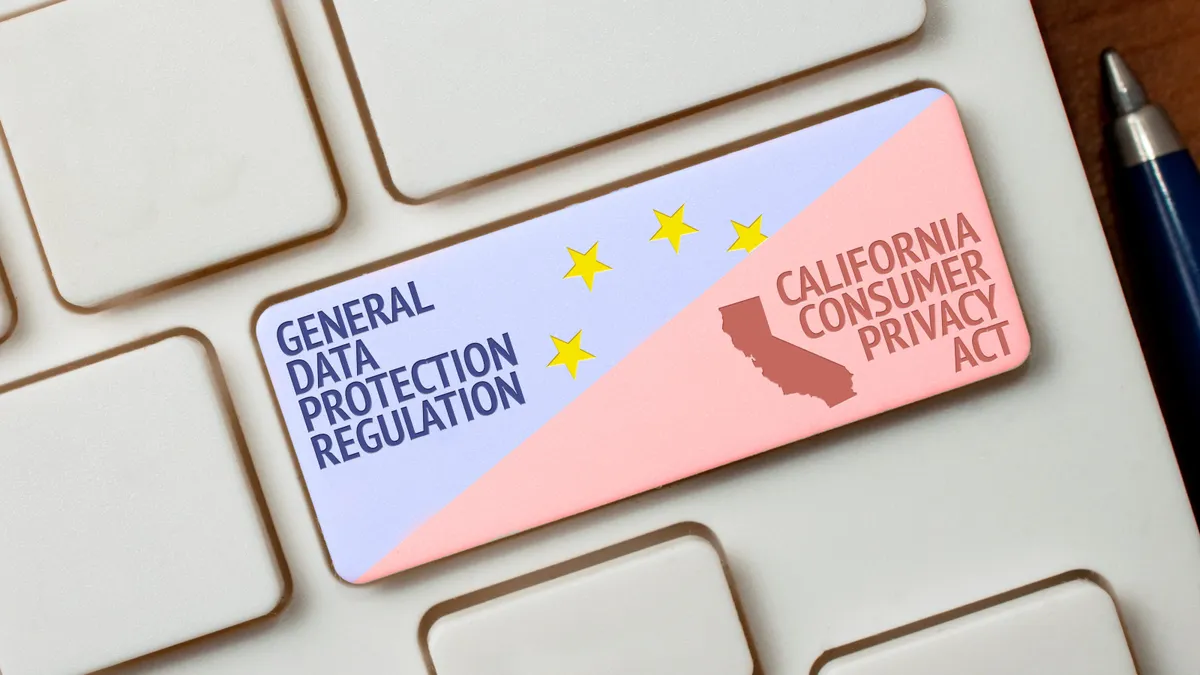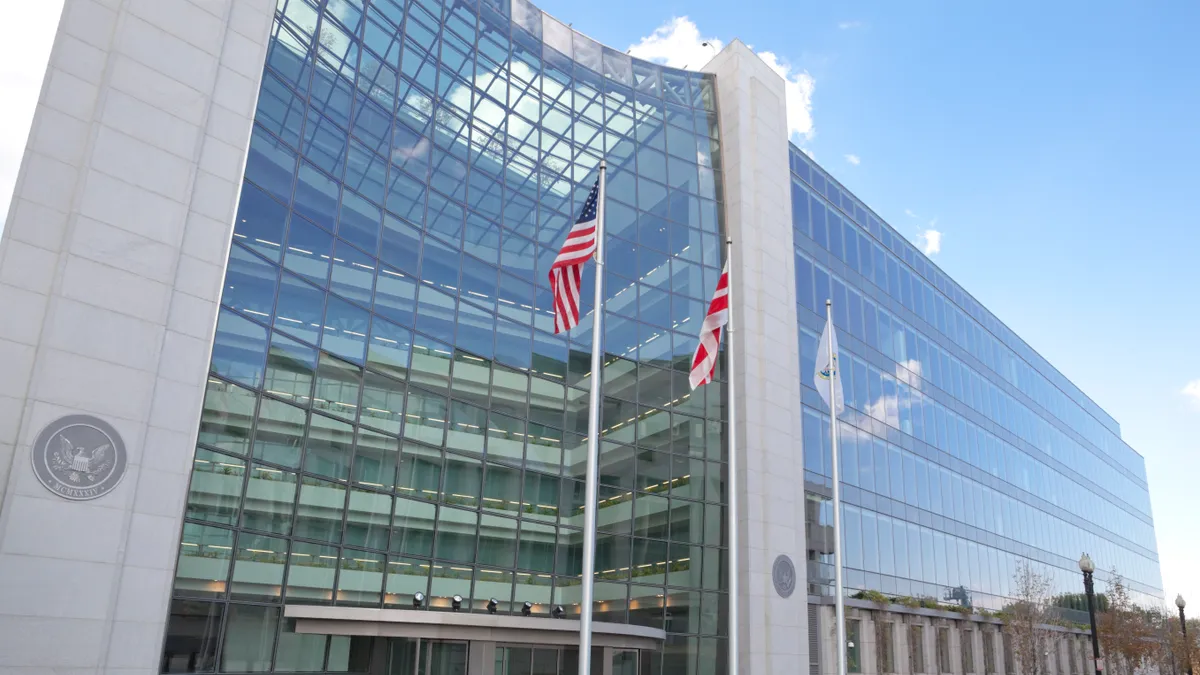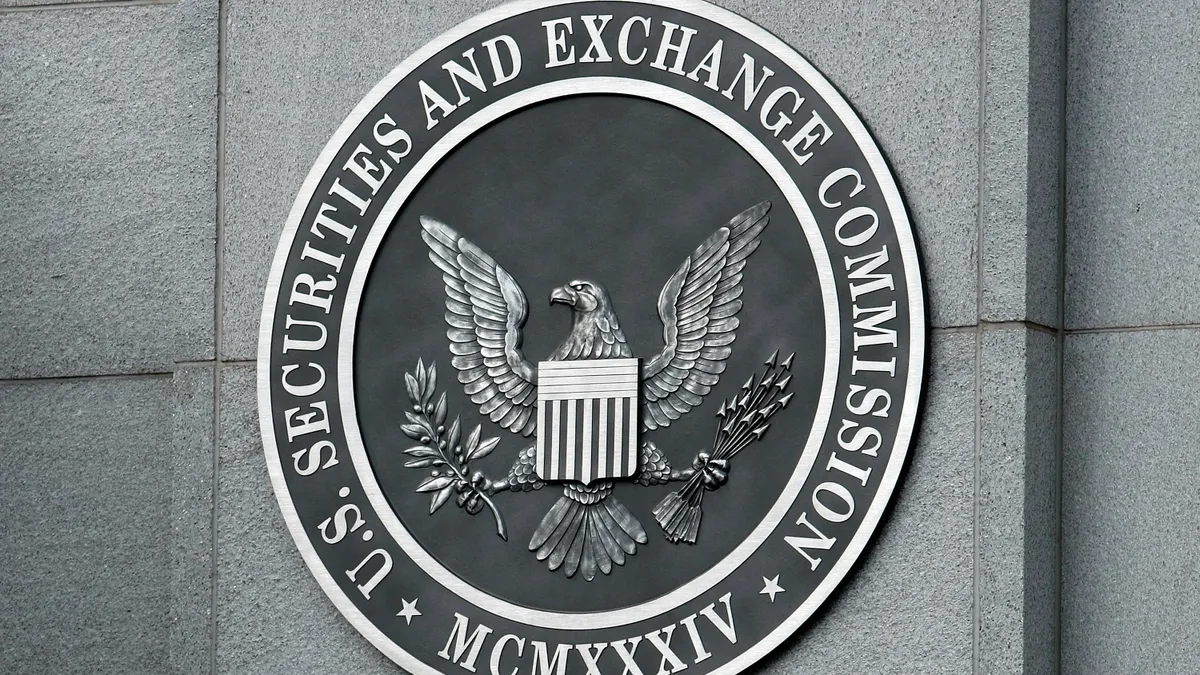A U.S. district court decision earlier this year to let a patent infringement case against a health insurer proceed could end up having far-reaching contract law implications if the company is found liable, a patent-law specialist says.
Health Net is a defendant in a case brought by heart-drug company Amarin for inducing infringement against its drug Vascepa, a patented fish-oil derived pill that reduces high triglycerides.
The pill has attracted generic copy cats since it was approved by the FDA in 2012, including from a company called Hikma, which manufactures a generic version of icosapent ethyl, the main ingredient in the drug.
Hikma was sued along with Health Net for infringing Amarin’s patent but the court, the U.S. District Court for the District of Delaware, dismissed the case against Hikma after the company argued, in what’s known as a skinny-label defense, that it was marketing icosapent ethyl for severe hypertriglyceridemia and not cardiovascular risk reduction.
The drug is useful for both conditions, but Amarin’s patent only covers its treatment of cardiovascular risk reduction, not severe hypertriglyceridemia. By saying its drug was for severe hypertriglyceridemia, even though it’s based on an ingredient that’s also effective against cardiovascular risk reduction, Hikma was able to employ the skinny-label defense successfully.
“Amarin’s complaint has failed to plead inducement based on Hikma’s label or public statements,” Richard Andrews, the U.S. district judge in the case, said in his ruling.
Skinny label concerns
The Hikma case was closely watched in the pharmaceutical industry because in a key 2021 case, GSK vs. Teva, the generic drug maker Teva was unsuccessful in its use of the skinny-label defense, both at trial and on appeal, and the company now hopes to take its case to the Supreme Court.
Although there are important factual differences in the two cases, Hikma was nevertheless seen as an important win for generic drug makers because it showed the skinny-label defense still holds despite Teva’s setback.
“The skinny label is in fact alive and well,” Geoff Levitt of DLA Piper said about the Hikma case in a Fierce Pharma report.
Far-reaching implications
But the Delaware decision not to dismiss the health insurer, despite dismissing Hikma, could end up creating far-reaching new law if Amarin prevails, patent specialist Aziz Burgy told Legal Dive.
“The argument Amarin made was that because the health insurer approved and paid for the drug at issue, that basically amounted to inducement of infringement,” said Burgy, a partner with Axinn, Veltrop & Harkrider.
In his decision to let the case proceed, Judge Andrews said, among other things, the health insurer’s placement of generic icosapent ethyl on a preferred pricing tier “encourages the substitution of the generic for the branded drug, including for the patented indication.”
Ultimately, “there are factual questions that cannot be resolved on a motion to dismiss,” he said.
Burgy said It would be a significant legal development if Health Net is found liable for inducing infringement because it could create a liability risk for other companies that play a role in getting the generic drug into the hands of patients at the expense of the branded drug.
“Definitely a chilling effect” would result, he said.
Among other things, contracts between the manufacturer and the companies it works with to store and distribute the drug could become subject to negotiations on indemnification matters that they’re now not typically subject to.
“I think there would be a reassessment of contractual obligations between insurance companies and all the various players – potentially the wholesalers, the distributors,” he said, “in terms of things such as indemnification agreements and the like.”
The health insurer might get out of the case and win, Burgy said, but the decision to dismiss the drug maker but not the insurer has already caused specialists in the area to look at the issue in a new way. “It raised a lot of eyebrows,” he said.
[Correction: The article previously transposed two indications for generic icosapent ethyl, saying Hikma’s skinny label covered cardiovascular risk reduction when it meant to say severe hypertriglyceridemia.]









